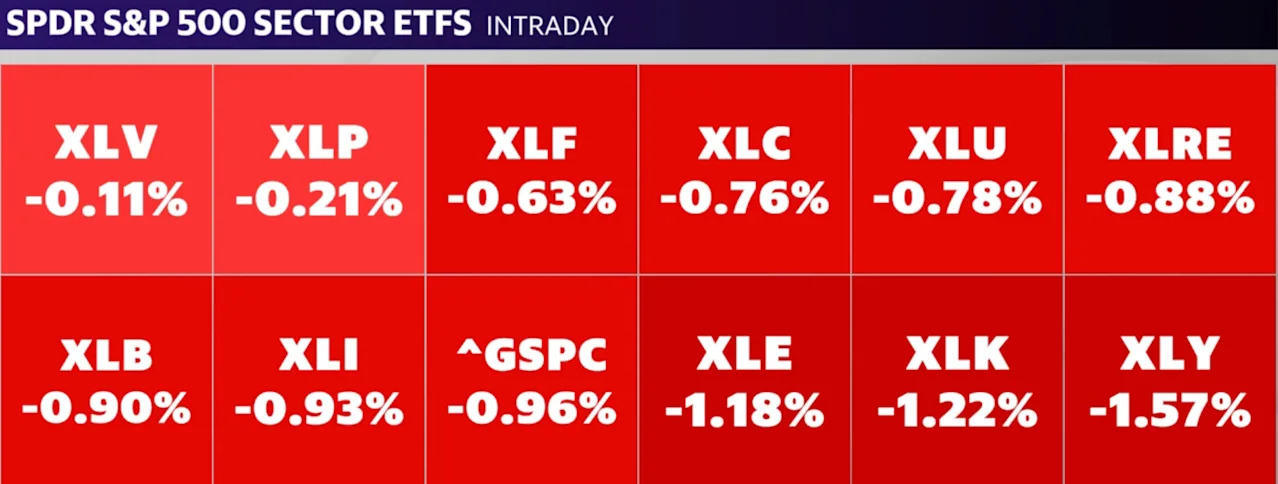How Recent Events Are Impacting Mortgage Interest Rates in the U.S.

Understanding how mortgage interest rates change is crucial for anyone considering buying a home or refinancing. In recent months, global financial events and credit rating changes have influenced borrowing costs for consumers. This article explains how these events affect mortgage rates and what homebuyers should know moving forward.
What Drives Mortgage Interest Rates?
Mortgage interest rates are influenced by several factors. The most significant include the U.S. government's creditworthiness, bond yields, inflation, and broader economic conditions. When the U.S. government’s credit rating changes, as with recent downgrades by major agencies, borrowing costs can shift across the entire economy. This often leads to adjustments in rates offered to homebuyers.
The Impact of the Moody's Credit Rating Downgrade
On May 19, 2025, Moody’s downgraded the U.S. government's credit rating, causing a noticeable ripple throughout financial markets. According to Axios, this move signals increased concern about the ever-growing U.S. federal debt and its potential to raise borrowing costs across the board. Not only does this affect treasury bonds, but it also directly impacts mortgage interest rates, as lenders factor in higher risk when setting loan terms.
How the Stock and Bond Markets Responded
As reported by Yahoo Finance, markets saw a jump in long-term Treasury yields—key indicators for the direction of mortgage rates. The 10-year Treasury yield approached 4.5%, and the 30-year yield broke above 5% for the first time since 2023. When government bond yields rise, mortgage interest rates typically follow, making home loans more expensive for buyers.
What Does This Mean for Homebuyers?
For those on the market for a new home or considering a refinance, it's important to watch these developments closely. Higher mortgage rates can significantly impact buying power and monthly payments. The current environment encourages buyers to plan carefully and potentially act sooner if rates appear to be rising.
Looking Ahead: Will Mortgage Rates Keep Rising?
Experts remain divided on the long-term trajectory of mortgage interest rates. Some analysts suggest that the Moody’s downgrade is mostly symbolic, while others see a clear warning about the sustainability of low borrowing costs. As the Axios article explains, “The government deficit isn’t a problem until investors think it is, and they’re increasingly telling us that the deficit is a problem.” This uncertainty means rates could remain volatile in the coming months.
Conclusion: Staying Informed Is Key
Mortgage interest rates are shaped by complex factors, including credit ratings and macroeconomic trends. Recent events serve as a reminder to stay updated and seek professional advice before locking in a loan. For a deeper look at how market movements and government credit ratings influence your finances, consider reading additional coverage on Yahoo Finance and Axios. Staying proactive will help you navigate the evolving landscape of mortgage rates with confidence.